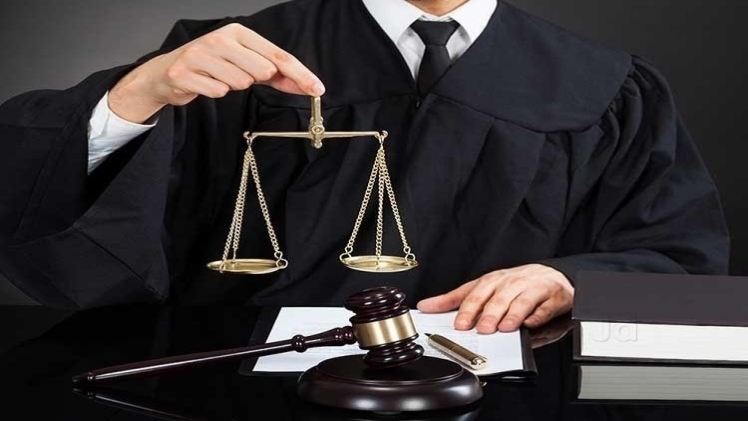Lawyers, often portrayed as guardians of justice and advocates for the rule of law, play a pivotal role in society. Their responsibilities extend beyond courtroom drama; they are instrumental in providing legal counsel, upholding the rights of individuals, and navigating the complex terrain of the legal system. In this exploration of the legal profession, we delve into the multifaceted role of a lawyer and the impact they have on individuals, businesses, and the justice system.
Legal Expertise:
At the core of a lawyer’s role is their legal expertise. Lawyers undergo rigorous education and training to understand the intricacies of the law, enabling them to interpret statutes, navigate legal precedents, and provide informed advice to their clients. This expertise covers a broad spectrum of areas, including criminal law, family law, corporate law, and more, allowing lawyers to specialize in specific fields based on their interests and aptitudes.
Legal Representation:
A fundamental aspect of a lawyer’s role is legal representation. Lawyers serve as advocates for their clients, whether individuals, businesses, or organizations, in various legal proceedings. This representation can involve courtroom appearances, negotiations, and the drafting of legal documents. In criminal cases, defense lawyers work to protect the rights of the accused, while prosecutors seek justice on behalf of the state.
Legal Counseling:
Lawyers also play a crucial role in legal counseling. Individuals and businesses often seek the advice of lawyers to navigate legal complexities, understand their rights and responsibilities, and make informed decisions. From drafting contracts to providing guidance on compliance with regulations, legal counseling is a proactive measure to avoid legal pitfalls and ensure that actions align with the parameters of the law.
Conflict Resolution:
Lawyers are instrumental in conflict resolution. Mediation and negotiation are key skills that lawyers employ to resolve disputes without resorting to litigation. By facilitating discussions, finding common ground, and crafting agreements, lawyers contribute to the resolution of conflicts in a manner that is often more cost-effective and less adversarial than court proceedings.
Upholding Justice:
Lawyers are integral to upholding the principles of justice. They serve as a check against abuses of power, ensuring that individuals receive fair treatment under the law. Public interest lawyers may work on cases that impact broader societal issues, championing causes related to civil rights, environmental justice, and more. The pursuit of justice is a driving force that motivates many individuals to enter the legal profession.
Ethical Standards:
Adherence to ethical standards is paramount in the legal profession. Lawyers are bound by codes of conduct that require them to maintain confidentiality, act in the best interests of their clients, and uphold the principles of justice. Ethical considerations play a critical role in ensuring the integrity of the legal system and maintaining public trust in the legal profession.
Continuous Learning:
The legal landscape is dynamic and subject to constant evolution. Lawyers engage in continuous learning to stay abreast of legal developments, changes in legislation, and shifts in judicial interpretations. This commitment to ongoing education ensures that lawyers provide accurate and up-to-date advice to their clients and remain effective advocates within the ever-changing legal environment.
Conclusion:
The role of a lawyer extends far beyond the courtroom, encompassing legal expertise, representation, counseling, conflict resolution, and the pursuit of justice. Lawyers serve as essential pillars in upholding the rule of law, protecting individual rights, and contributing to the functioning of a just and equitable society. Whether advocating for a client in a courtroom, mediating disputes, or providing legal guidance, the impact of a lawyer reverberates through the legal system, shaping the course of justice and safeguarding the rights of individuals and entities alike.





